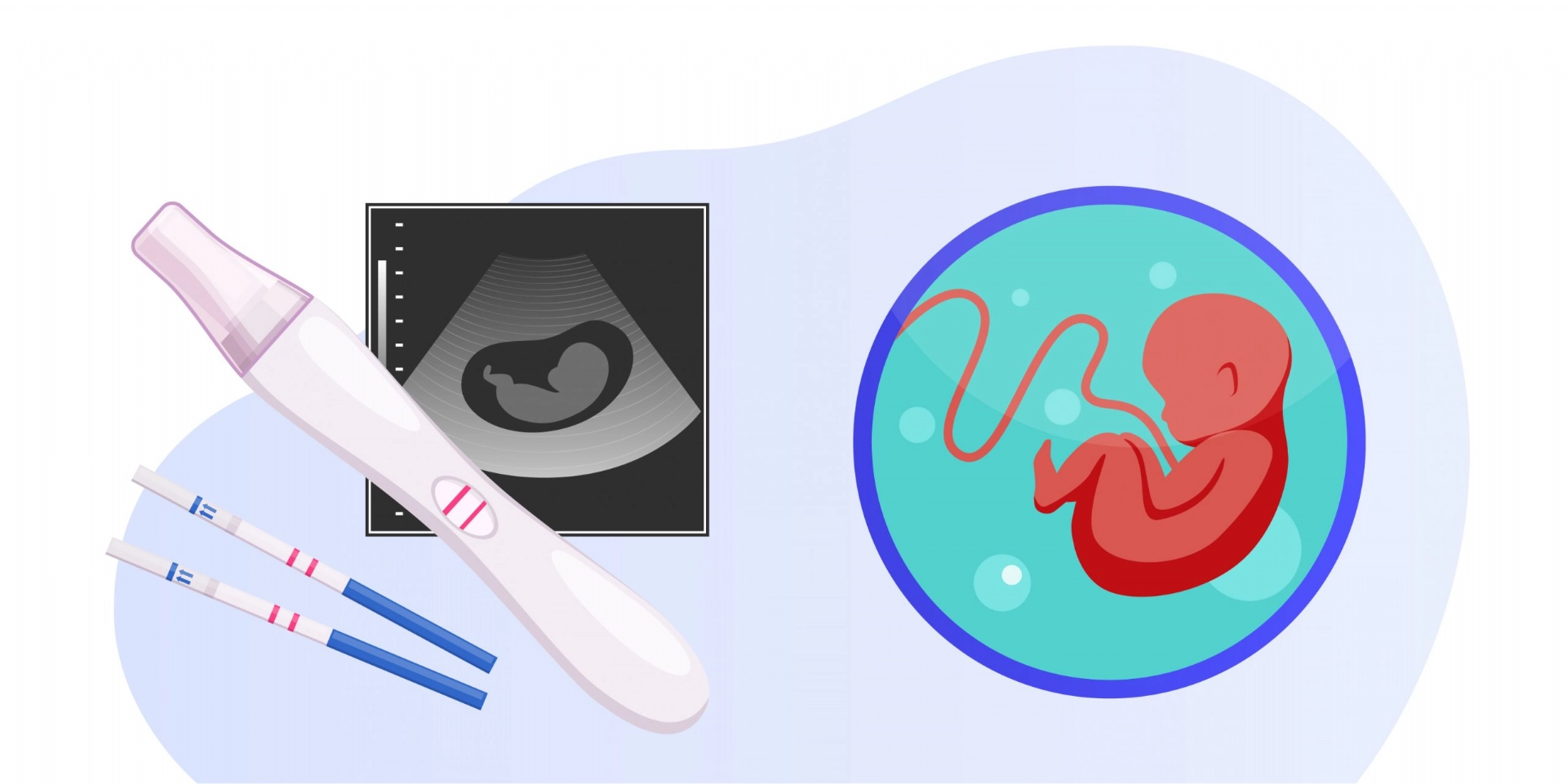
Pregnancy and Childbirth
Pre-conseption care and preparation for pregnancy
The pregnancy process, which ends with both a healthy mother and a healthy baby, actually begins with pre-pregnancy care. This period, briefly called preconceptional care, has extremely important effects on the health of a couple planning a pregnancy and a planned pregnancy. If there are bad habits such as smoking, alcohol, drugs in this process, it should be abandoned, excessive caffeine intake should be avoided, and attention should be paid to nutrition. Both excess weight and being below the ideal weight can prevent conception and threaten the health of the mother and child during pregnancy. Therefore, efforts should be made on a regular and balanced diet and regular exercise for the ideal weight. Women who take folic acid before pregnancy are less likely to give birth to a baby with a neural tube defect. For this reason, it is recommended to take 0.4 mg of folic acid daily when you plan to conceive. This can be achieved by diet, as well as by intake of multivitamins containing 0.4 mg of folic acid.
Blood pressure control, physical examination, gynecological examination and smear test should be performed for every woman preparing for pregnancy. Factors that will put the mother at risk during pregnancy, such as diabetes, hypertension, advanced maternal age, the presence of chronic diseases, should be known. Again, some tests that need to be done in the same way need to be completed. At least, these tests are serological tests such as blood type, complete blood count, fasting blood glucose, TSH, Hbags, AntiHCV, HIV, rubella IgG (rubella), urinalysis and other tests that your doctor will recommend to you if necessary.
Pregnancy
About approximately 2 weeks after your last menstrual date, your pregnancy process, which begins with ovulation and your partner’s sperm fertilizing your egg, will continue for about 40 weeks (280 days). Your pregnancy period is usually calculated as a week from your last menstrual date, and therefore misconceptions may be common in women with menstrual irregularities. Your pregnancy process is divided into 3 periods:
1) The first trimester or the first 3 months of pregnancy
2) The second trimester or the next three months of pregnancy
3) The third trimester, i.e. the last three months of pregnancy before birth
These three periods are periods that you experience changes in different ways, starting with your body’s adaptation to pregnancy and preparing for birth.
In order to have a healthy pregnancy period, it is very important that you are regularly under the control of a doctor, starting before pregnancy and throughout the entire pregnancy process.
